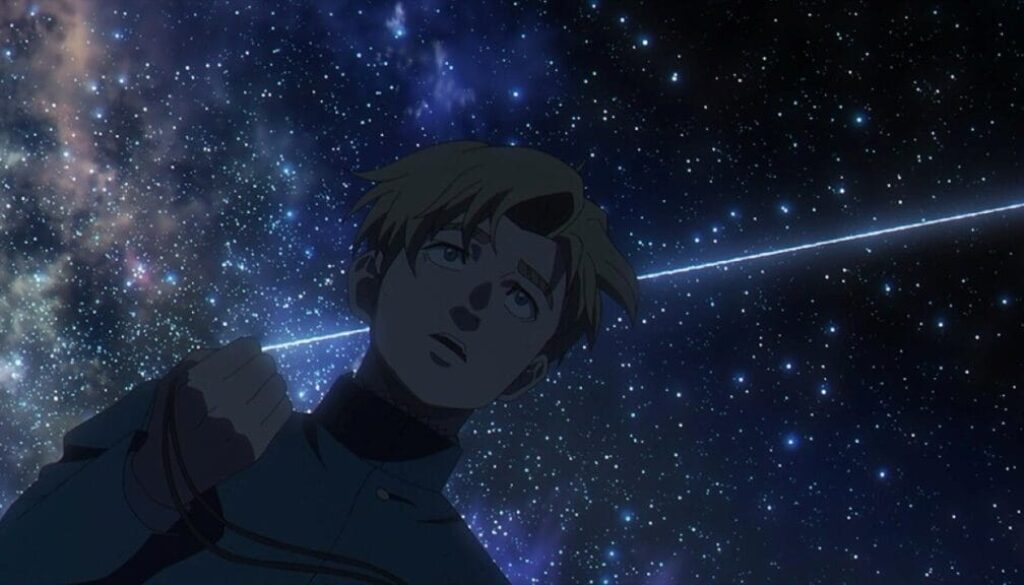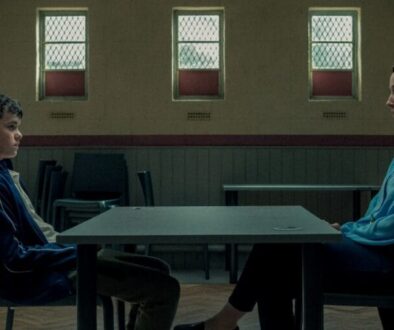“Orb: On the Movements of the Earth” – A Story of Rebellion, Science, and the Cost of Truth
Once Upon a Time in 15th-Century Poland…
Picture this: cobblestone streets, towering cathedrals, and a society where the Church’s word is law. Enter Rafal, a prodigious young lad with stars in his eyes—literally. While most kids his age are content with, I don’t know, not being burned at the stake, Rafal’s busy questioning the very fabric of the universe. He stumbles upon the heliocentric model—the audacious idea that the Earth revolves around the Sun. Scandalous, right? In a time when suggesting such a thing could earn you a one-way ticket to an impromptu barbecue, Rafal’s curiosity is as dangerous as it is boundless.
But why should we care about this medieval rebel? Because Rafal’s story isn’t just about celestial bodies and mathematical equations; it’s about the timeless struggle between innovation and tradition, between the quest for truth and the fear of the unknown. It’s a narrative that resonates even today, reminding us of the sacrifices made by those who dared to look beyond the accepted norms.
The idea that Rafal is willing to put everything on the line for knowledge hits home on a personal level. How many times have we hesitated to speak out, to ask questions, or to challenge something we instinctively knew was flawed? The reality is, we may not face an inquisition, but society still has its ways of stifling dissenting voices. Rafal’s determination mirrors that of real-world truth-seekers who, despite immense resistance, continued to push forward. And that’s why his story feels so gripping—because it’s our story too.
Catch a support chair or something, for this Reaper is going to change tones and sing you poetry.
Why “Orb” Hits Different
So, what makes “Orb” stand out in the crowded cosmos of anime? It’s not just the meticulous attention to historical detail or the breathtaking animation—it’s the emotional resonance. The series doesn’t just tell a story; it invites us to feel it. We experience Rafal’s exhilaration as he uncovers celestial truths, his despair when faced with persecution, and his unwavering determination to share his knowledge, even in the face of death.
More than that, “Orb” forces us to ask uncomfortable questions. What happens when the truth is inconvenient? What happens when those in power choose ignorance over enlightenment? These questions are not relics of history—they are the very issues that define our modern world. Whether it’s scientific discoveries, political dissent, or social activism, history repeats itself in cycles, and “Orb” makes us painfully aware of that reality.
Moreover, “Orb” serves as a mirror, reflecting our contemporary struggles with misinformation, the suppression of dissenting voices, and the ongoing battle between innovation and tradition. It’s a testament to the timeless nature of these conflicts and a call to action for viewers to champion truth in their own lives. The emotional weight of the story stays with you long after the credits roll, reminding us that knowledge is a fire—dangerous, illuminating, and impossible to contain once it spreads.
The show’s impact also extends beyond just entertainment; it ignites a curiosity about history and science in its audience. Viewers who may never have picked up an astronomy book or studied the Inquisition now find themselves researching these topics, drawn into the very intellectual pursuit that Rafal himself embodied. This is the mark of a truly great story—it doesn’t just inform; it transforms.
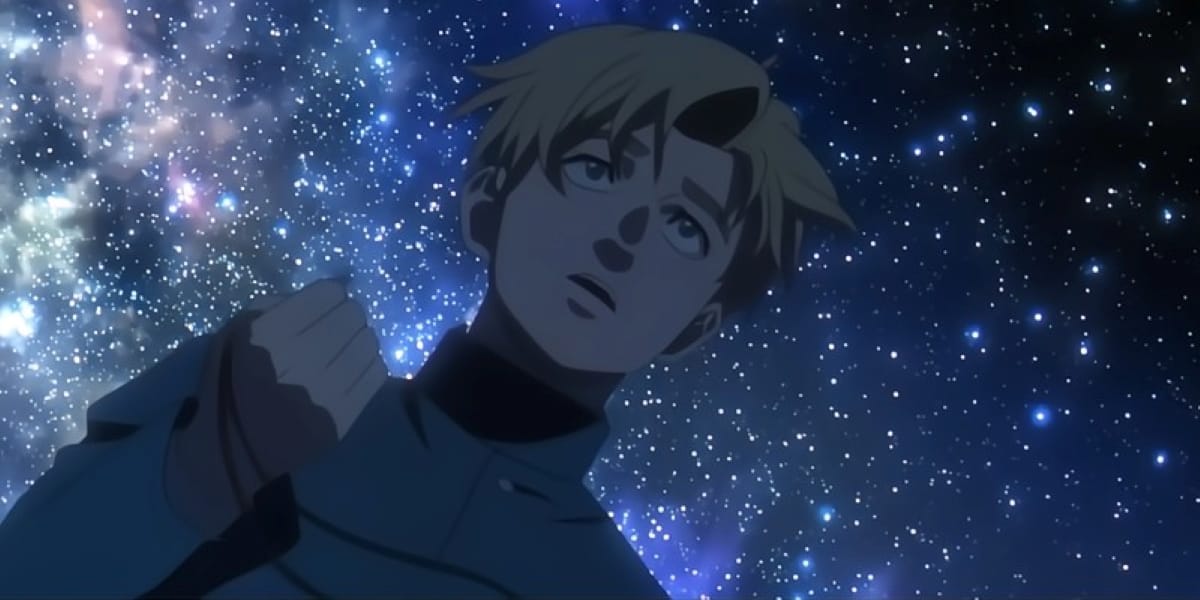
The Method Behind the Madness: Uoto’s Vision
Behind every great anime is a mastermind pulling the strings, and in the case of “Orb,” that genius is Uoto. But what inspired Uoto to craft this intricate blend of history and fiction? While specific interviews with Uoto are as elusive as a clear night sky in a bustling metropolis, we can infer that a fascination with the human spirit’s resilience and the quest for knowledge fueled the creation of “Orb.”
Uoto’s storytelling approach is deeply immersive. He doesn’t just present historical facts; he breathes life into them, making them visceral, urgent, and deeply personal. He understands that history isn’t just about dates and discoveries—it’s about people. People who loved, feared, dreamed, and suffered, just like us. His ability to make centuries-old events feel immediate and relatable is what makes “Orb” so compelling.
Beyond that, Uoto takes great care to highlight the psychological and emotional toll of pursuing truth in a hostile world. Rafal isn’t a superhero; he’s a young boy who experiences fear, doubt, and despair. This humanizes the struggle of scientific pioneers, reminding us that they weren’t mythical figures—they were real people who made real sacrifices. Uoto’s decision to tell this story through a character like Rafal adds a level of personal engagement that pure historical accounts often lack.
Another key aspect of Uoto’s vision is his nuanced portrayal of the opposition. The Church and the Inquisition, while undeniably oppressive, are not depicted as cartoonish villains. Instead, they are shown as institutions driven by fear, tradition, and a genuine belief that they are preserving order. This complexity makes “Orb” all the more powerful—it forces us to acknowledge that history is rarely black and white. It’s a delicate balance of power, belief, and survival.
At its heart, “Orb” is a love letter to intellectual bravery. Through Rafal’s story, Uoto pays tribute to the countless unsung heroes who pushed humanity forward, even when the cost was unbearable. It’s a reminder that every breakthrough we enjoy today—from space travel to the internet—was built on the struggles of those who came before us.
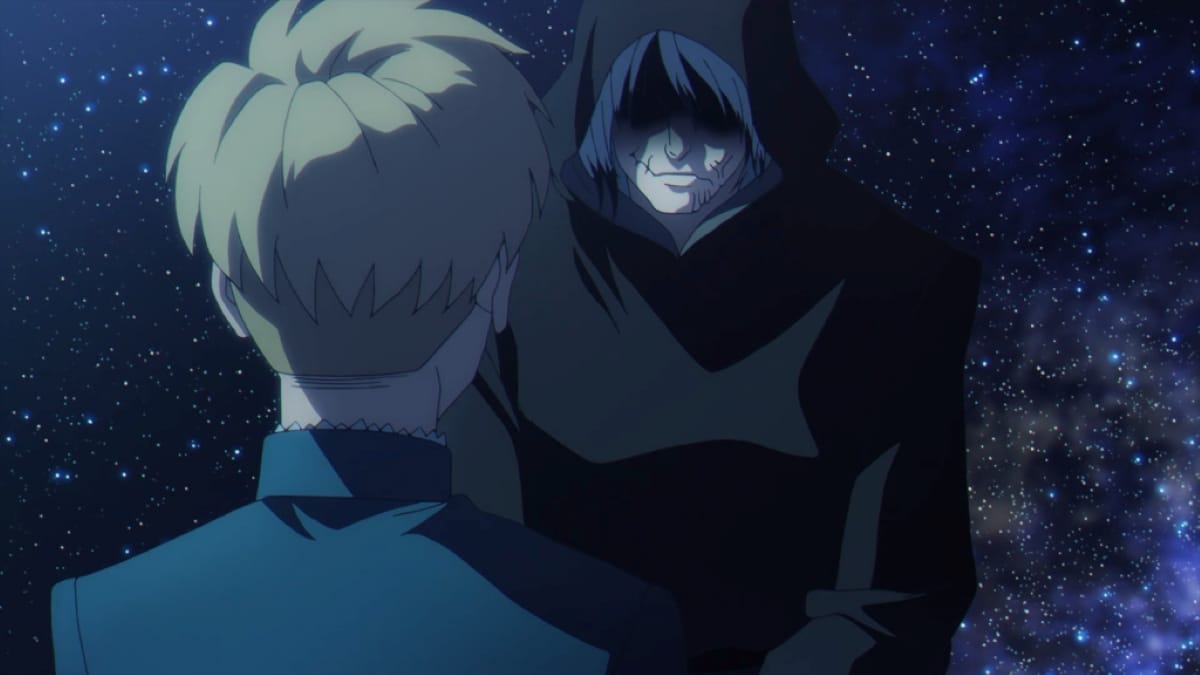
A Real-Life Echo: Galileo Galilei’s Struggle for Truth
If Rafal’s story in “Orb” sounds eerily familiar, that’s because history has already lived it. Enter Galileo Galilei, the OG science rebel. Born in 1564, this Italian astronomer dared to challenge the geocentric model that placed Earth at the center of the universe. Using his telescope (a sci-fi gadget at the time), Galileo observed Jupiter’s moons and Venus’s phases, proving that not everything orbited the Earth.
His reward? A trial by the Roman Catholic Church in 1633. Galileo was accused of heresy, forced to recant his findings, and sentenced to house arrest for the rest of his life. The man who expanded our understanding of the cosmos was silenced, much like Rafal. But here’s the kicker—his work laid the foundation for modern astronomy. Even as he suffered, his ideas lived on, unstoppable.
What makes Galileo’s story so significant is that it showcases the high cost of progress. Like Rafal, he was a truth-seeker in a world that preferred comfortable lies. His battle against authority mirrors the struggles seen in “Orb,” making it painfully clear that the war between knowledge and ignorance has never truly ended.
Galileo’s legacy reminds us of an essential truth: while individuals can be silenced, ideas cannot. The same way Rafal’s revelations endure in “Orb,” Galileo’s findings survived centuries of opposition. His story serves as a real-world testament to the unbreakable power of scientific discovery.
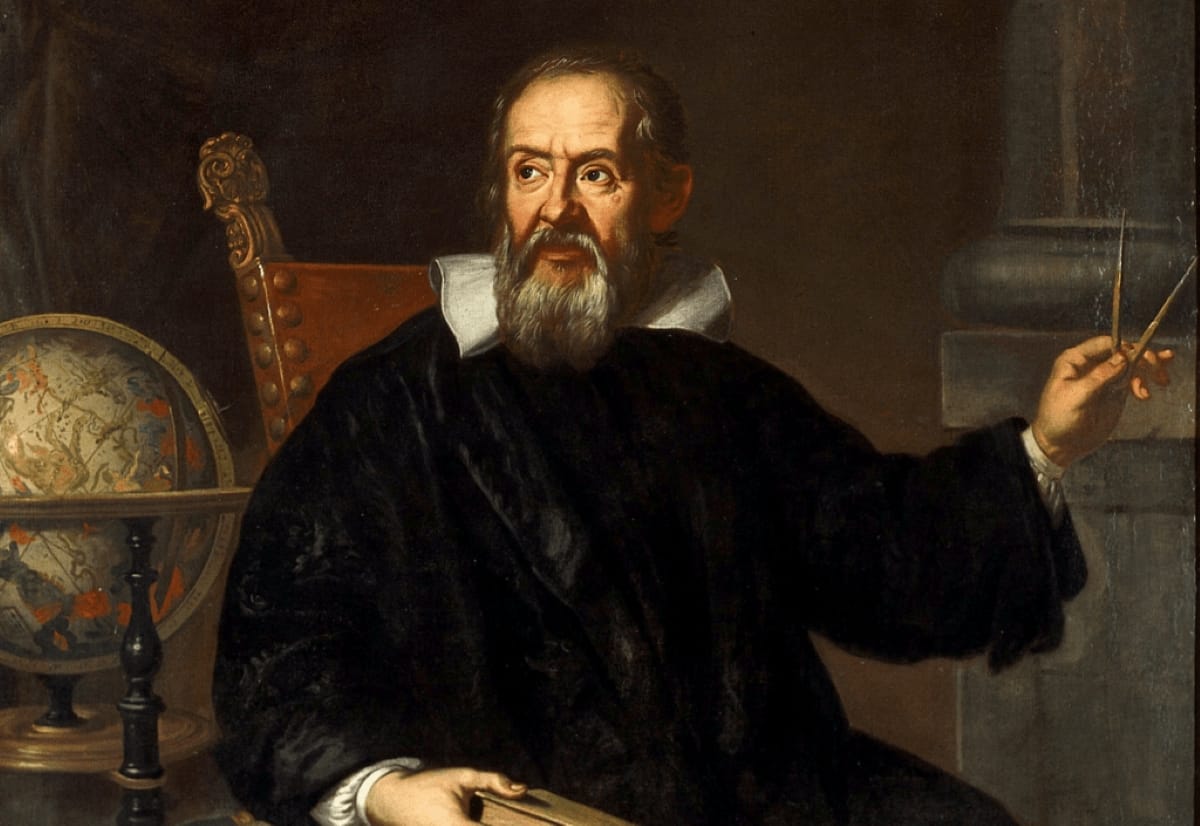
To Infinity and Beyond
As our journey through “Orb: On the Movements of the Earth” comes to a close, it’s clear that this series is more than just an anime—it’s a tribute to the indomitable human spirit. It reminds us that the pursuit of knowledge is an act of courage, one that requires defying conventions, facing opposition, and sometimes even making sacrifices. And if that doesn’t make for a damn good story, I don’t know what does.
But beyond just a gripping narrative, “Orb” is a rallying cry for curiosity. It challenges us to be unafraid in our pursuit of knowledge, to question authority when necessary, and to recognize that progress often comes at a price. Rafal’s story may be set in the past, but its message is timeless. We are all, in our own ways, seekers of truth. The question is, are we willing to pay the cost?
Ultimately, “Orb” leaves us with one undeniable truth: knowledge is power, and power is dangerous. But it is also beautiful, illuminating, and worth fighting for. And if that doesn’t inspire you to go stare at the night sky for a little while, then maybe you need to watch the series again.
So, grab a telescope, question everything, and keep moving forward—just like Rafal did.
Discover more from Ge-erdy Verse
Subscribe to get the latest posts sent to your email.
